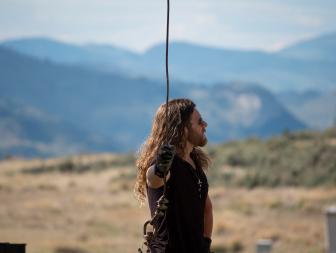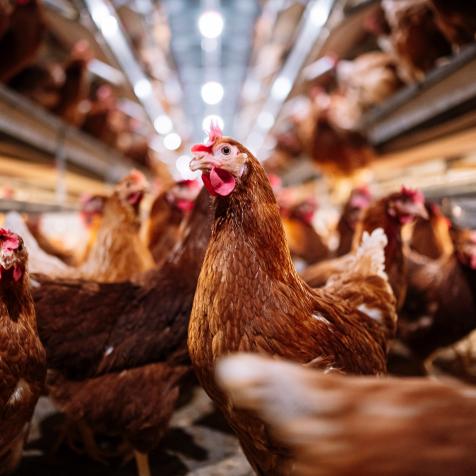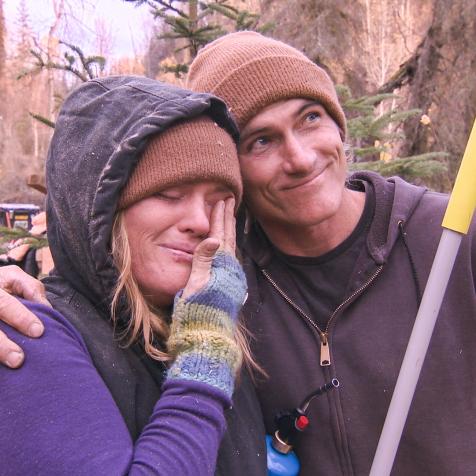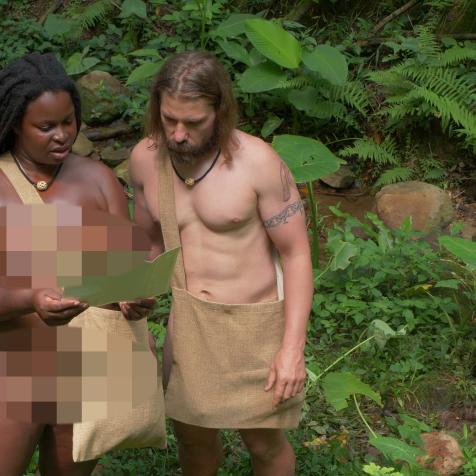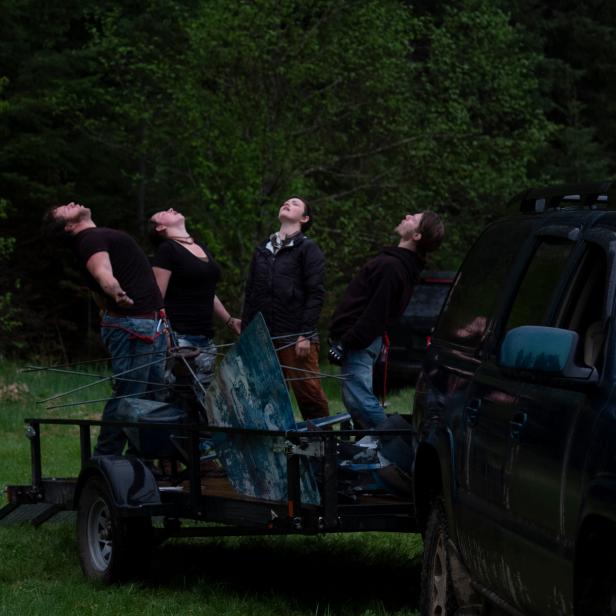
The Alaskan Bush People Welcome New Wives and New Babies in an All New Season
The next generation of the Wolfpack is making the dream of North Star Ranch come true.
This season on Alaskan Bush People, we're heading back to North Star Ranch where the Brown's have been setting down serious roots. Parents Bill and Ami are so close to seeing their dream of a self-sustaining village come true. Now, Bam, Bear, Gabe, Noah, Bird, and Rain must put everything they have into completing their vision of Browntown.
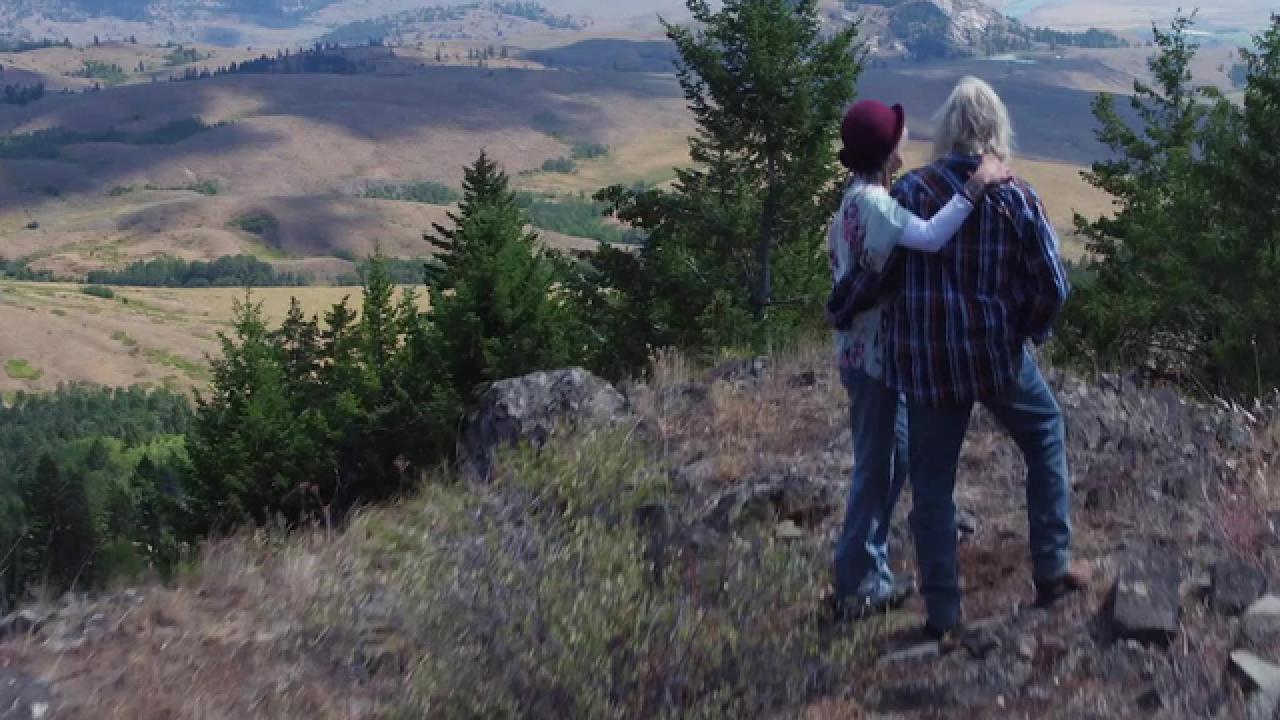
This season also brings new wives and babies into the family. Brothers Gabe and Noah are settling into married life and beginning their journeys as parents in the wild. Noah moves forward with his plans to build a home and brings Rhain Alisha and Baby Elijah back to the mountain while Gabe and Raquel prepare for a Bush wedding along with the arrival of their baby. Bear also meets his "bush princess" leading to big news of his own...
Not having prepared for these many new additions to life on the mountain, the Wolfpack must rethink their whole plan, from power and water to individual homes. These new challenges are about to test the family's willl to survive and thrive on the mountain to their very limit. Ready to see what happens next?
Photo Gallery
The Alaskan Bush People Settle Into Life at North Star Ranch 11 Photos
The Brown family has been working tirelessly to ready North Star Ranch over the past year, embarking on a mission to build infrastructure and finally realize their legacy on the mountain. See photos from their summer preperations.
The brand-new season of ALASKAN BUSH PEOPLE premieres Wednesday, December 4 at 8PM ET/PT on Discovery Channel.
Check out new episodes each week by visiting Discovery.com/AlaskanBushPeople or by downloading the Discovery GO app.








